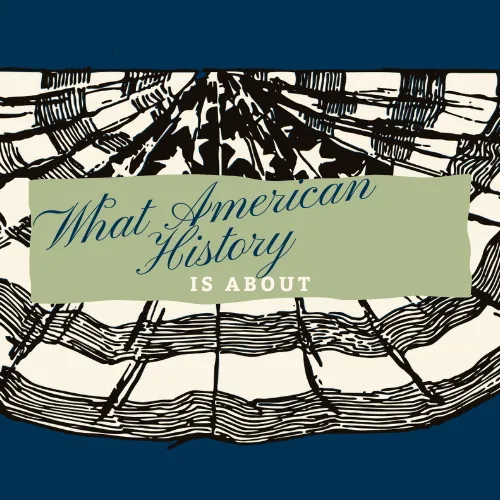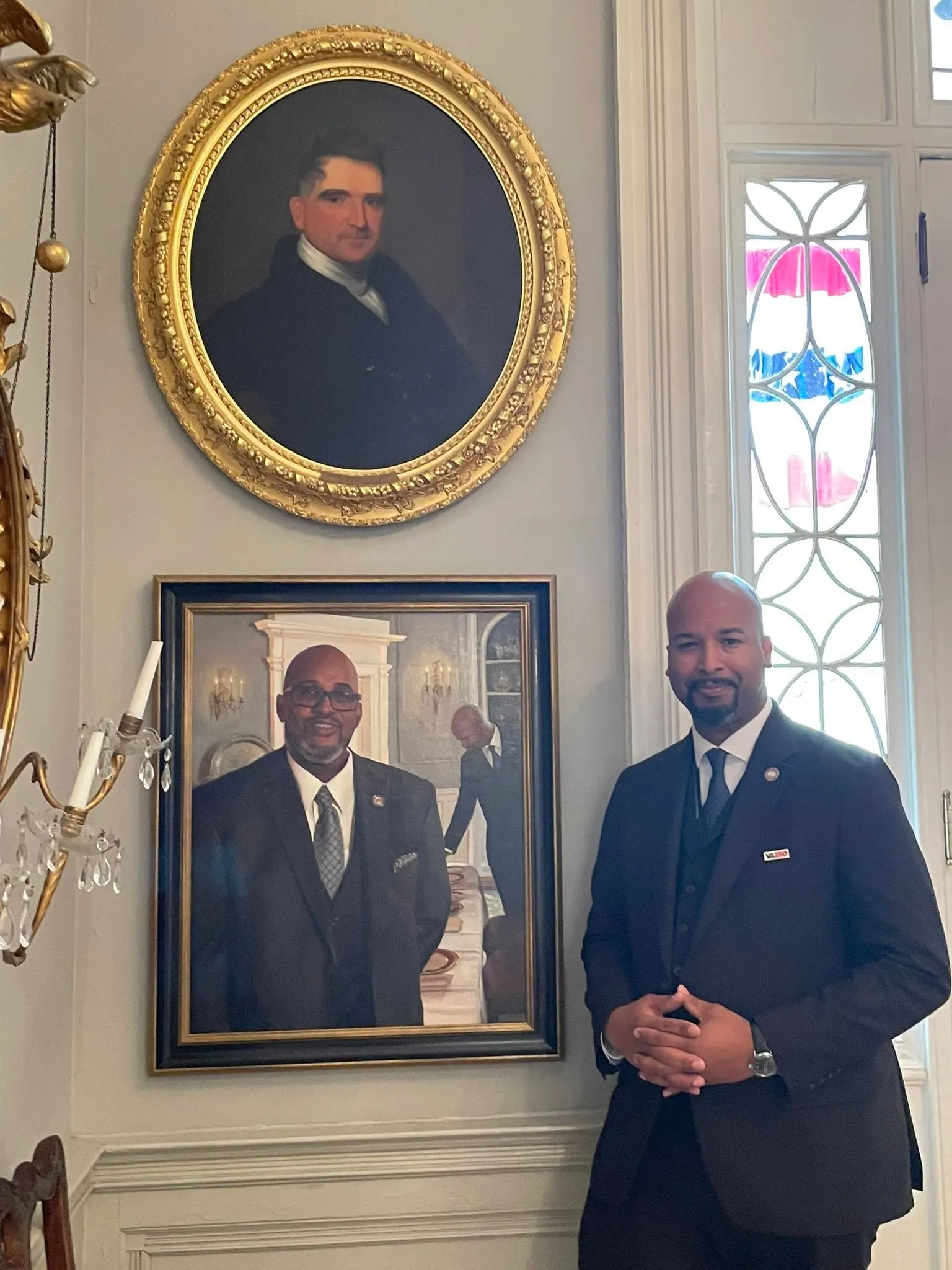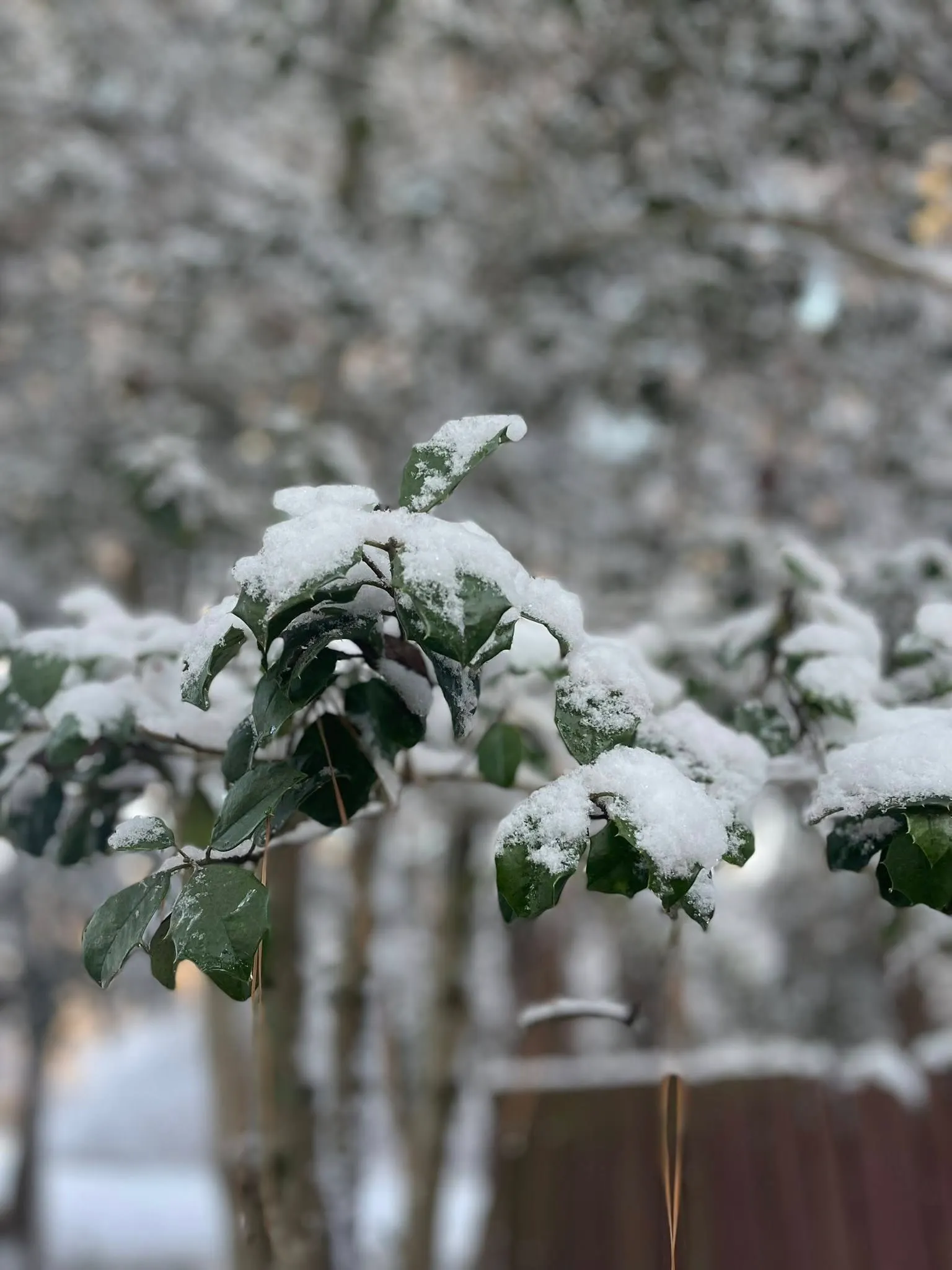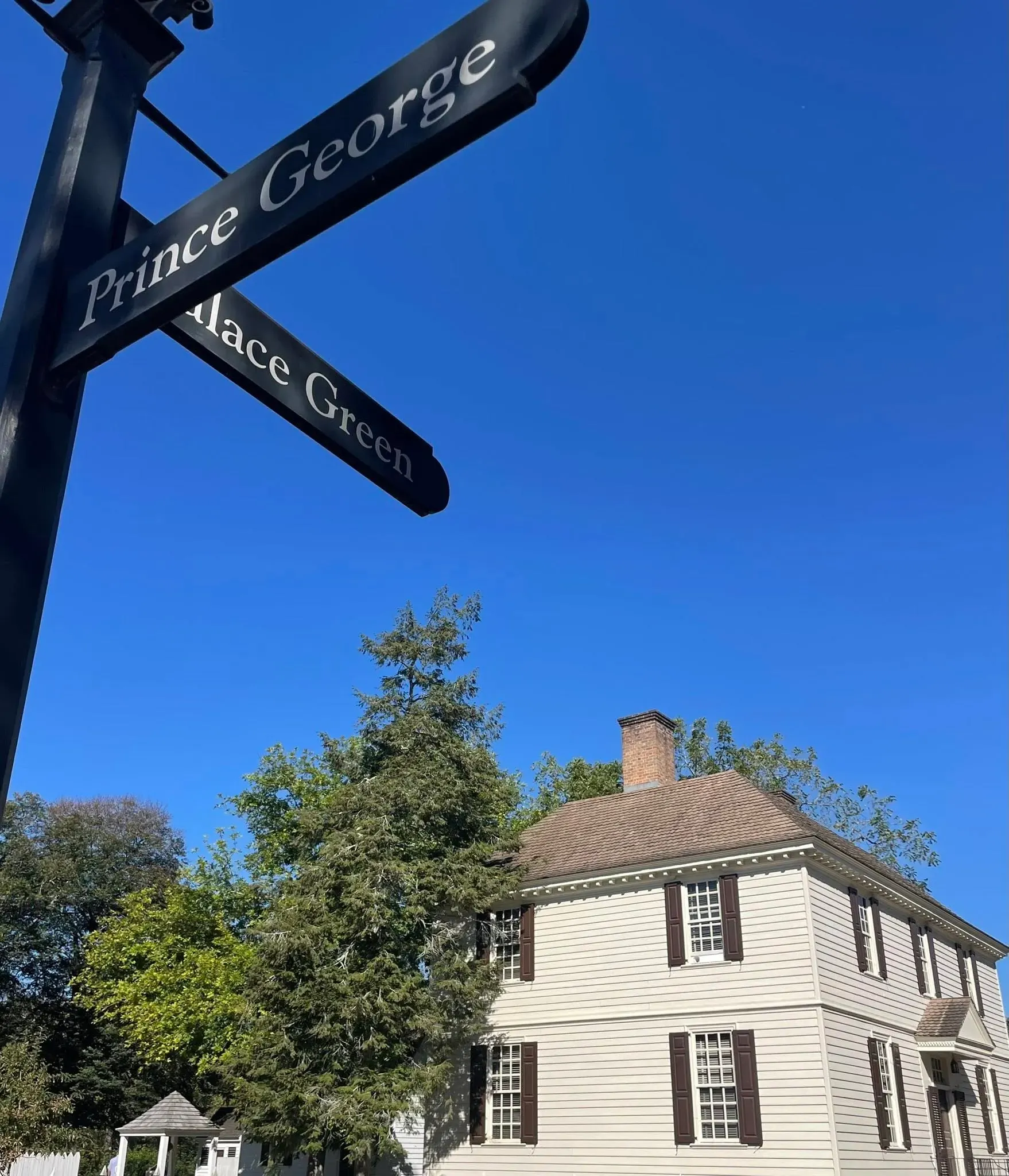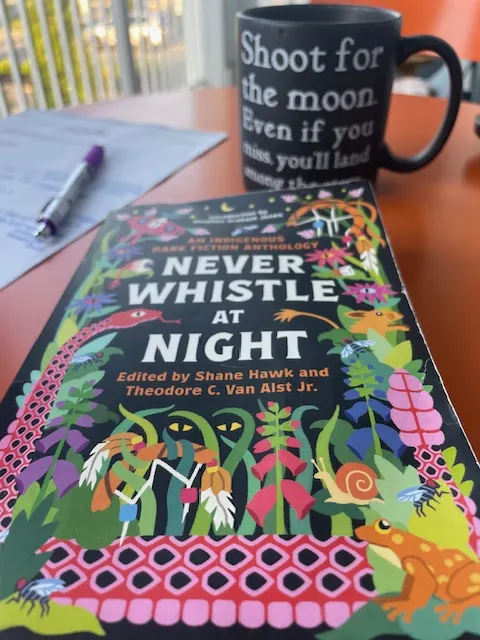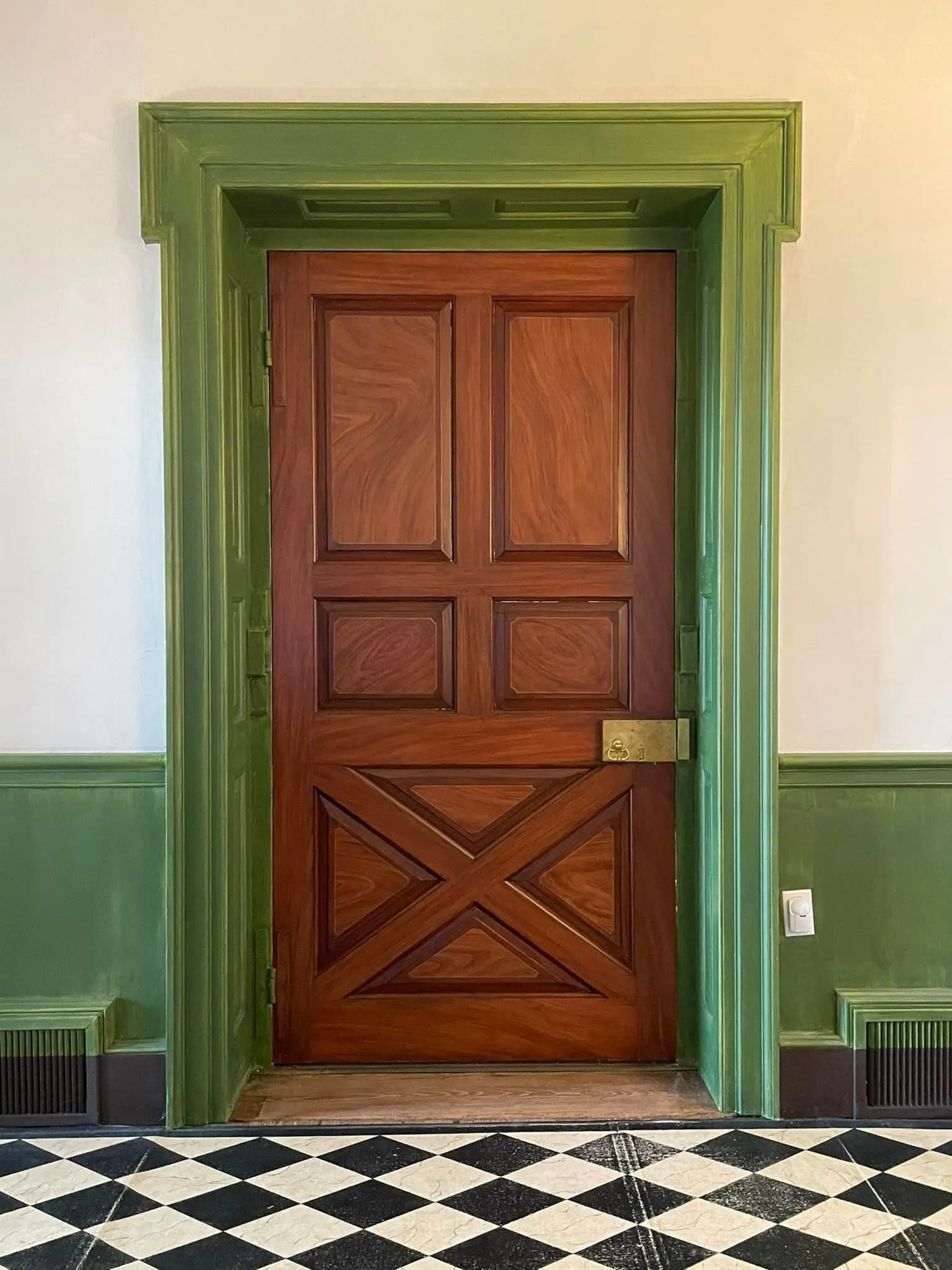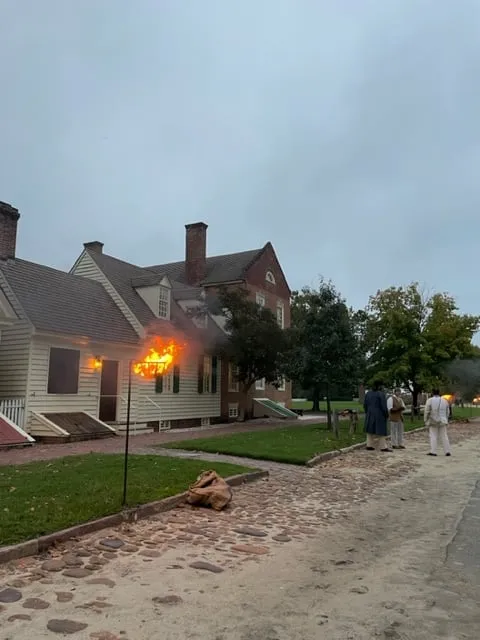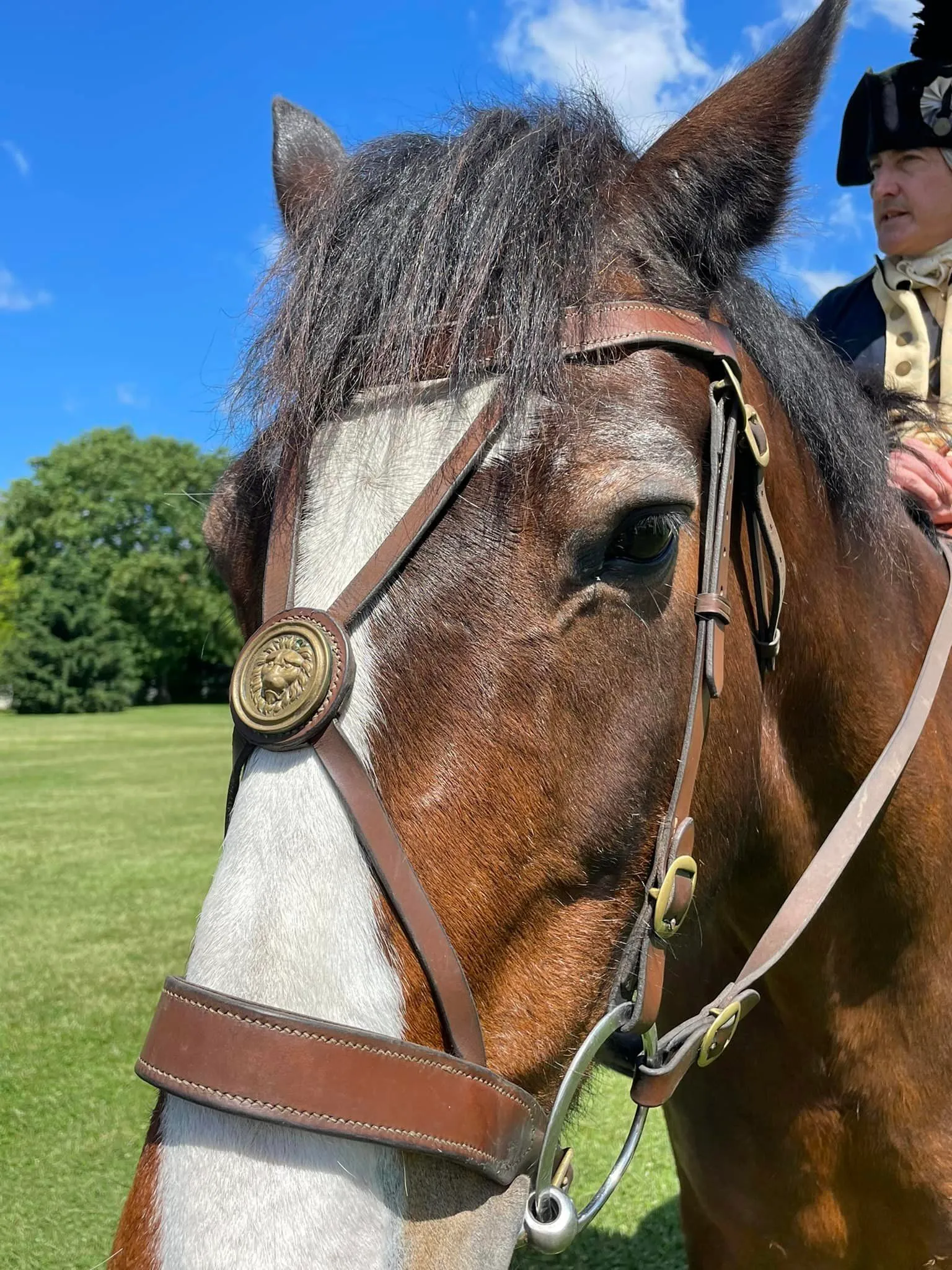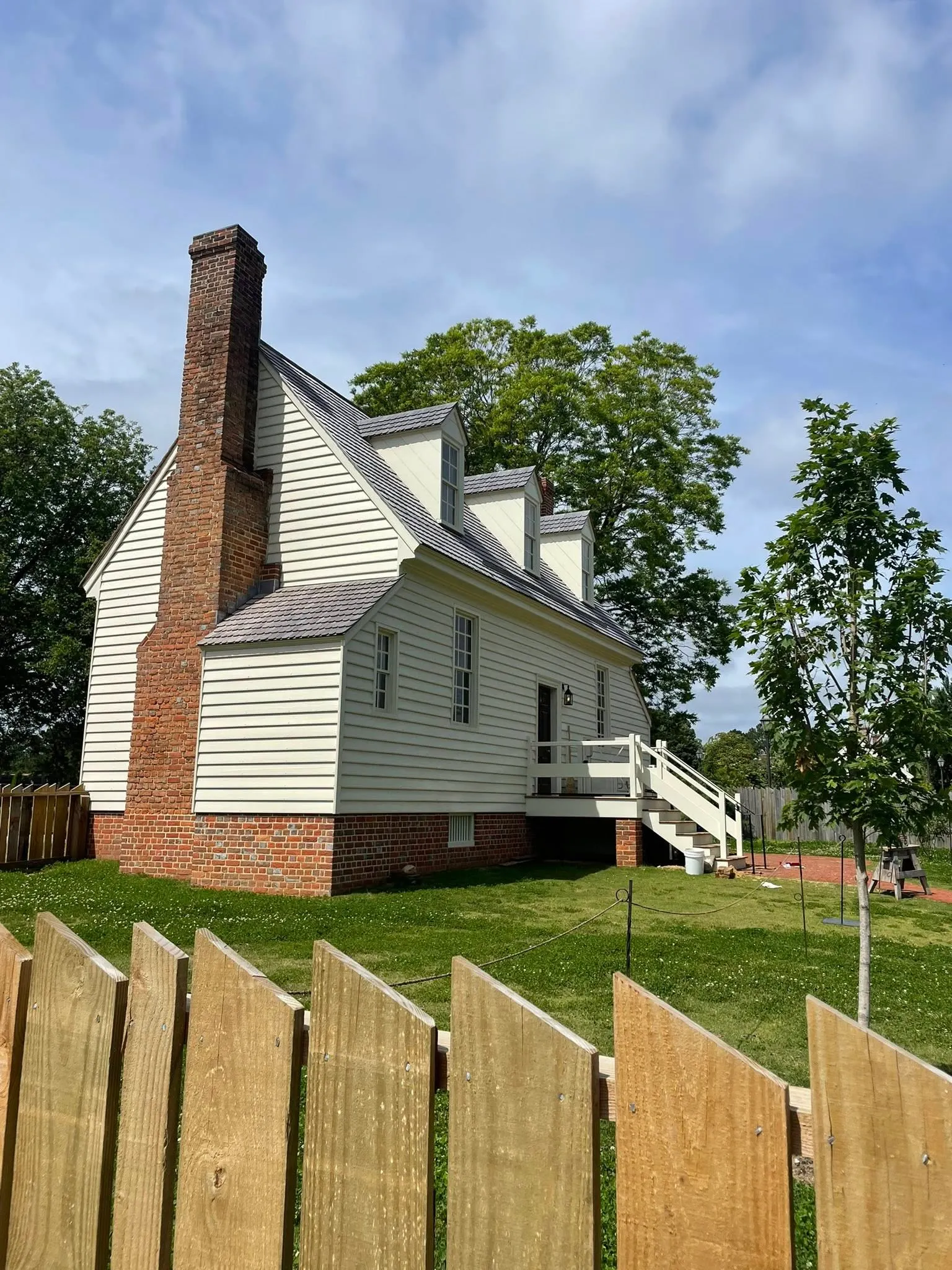Meet James Madison: 3 Perfect Insights To Introduce Him on the WAHISA Blog
Introduction to the introduction of President James Madison.
I have so many tidbits about James Madison, our 4th United States President. He’s complex (aren’t all humans), and from farmer to father of our United States Constitution and his co-founding a political party to the War of 1812- there are so many directions to go with discussing Madison.
In the style of this blog, journal-style with the intention of inspiring y’all to dig deeper on topics that pull you in… I’m giving you a post on James Madison but limiting it to 3 insights that highlight different aspects of the man who consistently inspires me with his wisdom.
Let's talk about the title for a minute though since this is the introduction to the introduction of Madison. I used the word perfect because in my opinion, I've chosen well (you may disagree and I'm happy to hear your thoughts!).
It's ironic because it's a word we don't know him for- we know him to be more a fan of the phrase "more perfect" and that plays right into insight number one.
Another side note about the title: I said WAHISA- it's not lost on me how long the blog title is. What American History Is About rolls off the tongue but it's a lot of words to put into a blog post title! I tend to use WAHISA as a shorthand so why not?
Disclaimer: As a blogger, I use affiliate links sometimes! I may receive commission from purchases I share; it does not change your price but sometimes you might get a discount.
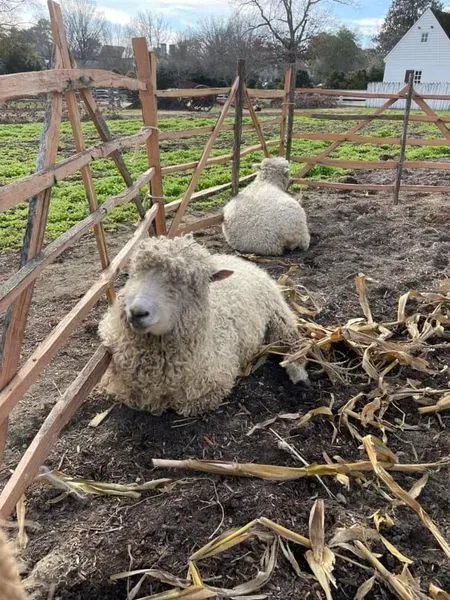
Sheep at Ewing Field, Colonial Williamsburg
Insight 1: Madison's perspective on the United States government.
It's often mentioned around here that Madison believed the type of government our people will have is the one we deserve. A sentiment I truly agree with.
James Madison is a man who crafted our United States Constitution and co-wrote the Federalist papers with John Jay and Alexander Hamilton while in his 30s. Clearly, Madison's writings are fantastic resources on the foundations of our government.
Of course, James Madison was human- therefore you have to look at all of his words as you would the words of others- in context.
And over time.
Did his opinions change? On some things, of course they did. In fact, his hesitancy about such a powerful federal government was evident as he moved away from Federalism and into a new party he created with Thomas Jefferson.
While fishing on Lake George, as I've heard it told many a time here in Colonial Williamsburg (CW), Jefferson and Madison began forming the Democratic Republican party and had discussions leading to the Kentucky and Virginia Resolves. All of this highlighting states' rights over that of a centralized and almighty government; consistently striving towards that "more perfect" union.
None of our "founding fathers" [as so many 18th century early American men are described] were born at the age they were in their most famous portraits. They didn't drop from the sky with a powdered wig on their head and land on a pedestal. They were human and evolved as humans do.
The more we read their words, the more opportunity we have to understand our shared American history.
Dig deeper on topics you want to know more about using this list of links:
- The Federalist Papers
- The Democratic-Republican Party explained simply.
- Madison's writings during the time of U.S. Constitution's ratification process.
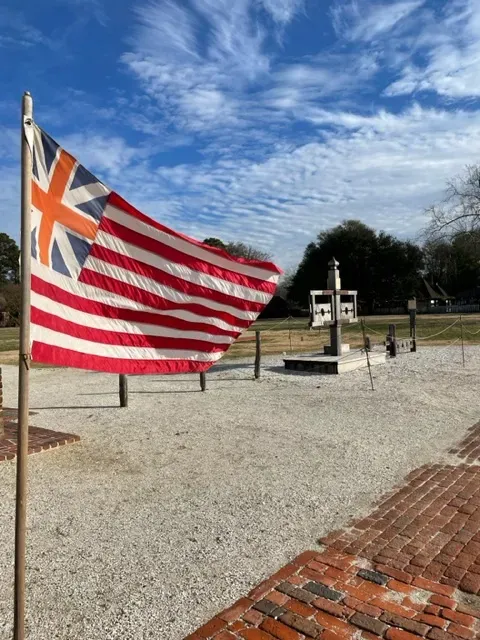
Flag on Duke of Gloucester Street, Colonial Williamsburg
Insight 2: Relationships.
Dolley Payne Madison.
James married Dolley Payne Todd in 1794, well after his important work on the Constitution. She'd been recently widowed as her first husband, John Todd, Jr. had passed during the yellow fever epidemic. Dolley's mother, Mary Coles Payne, was the first cousin of Patrick Henry, making Henry and Madison cousins by marriage.
Interestingly, during the Revolution and as the Constitution was being debated, Henry and Madison didn't see eye to eye.
While Madison's early work to create a new republic was several years prior to the marriage, his time as our 4th President was yet to happen. Not only is Dolley remembered for her skills as an incredible hostess but as a First Lady who understood her duty during the War of 1812.
Specifically- she's known to have saved a copy of the Declaration of Independence as she cleared out of the White House.
Dig deeper on topics you want to know more about using this list of links:
- More details about Dolley's famous departure from the White House here on the Smithsonian's website.
- Click here for a 13-minute podcast about the political battle between Madison and Henry. (I love this explanation by students of James Madison University.)
- Background on Dolley Payne Todd Madison.
- Learn more about Philadelphia's yellow fever epidemic of 1793.
Thomas Jefferson and John Hancock.
On Founders Archives alone, there are 1,136 letters recorded from James Madison to Thomas Jefferson. And 1,186 from Jefferson to Madison.
But one of my favorite bits that clearly shows 1) the relationship between Madison and Jefferson through their language and 2) the personality of Madison- at least at this point in his life, is this excerpt I found in the book Founders on the Founders- edited by John P. Kaminski © 2008 University of Virginia Press. It's Madison's take on John Hancock.
James Madison to Thomas Jefferson New York October 17, 1788
"Hancock is weak, ambitious, a courtier of popularity given to low intrigue and lately reunited by a factious friendship with S. Adams."
Did Madison's feelings on Hancock change? Was there a relationship between the two worth digging into? More to dive into someday.
Interested in this book? Click here to purchase it.
A description of Madison by a Congressman's wife.
From the same book, Founders on Founders, I found this gem. I've heard Mr. Bryan Austin, who portrays Madison in CW, reference this line and imagine my surprise and history-nerd EXCITEMENT when I found it while researching St. George Tucker.
In a letter to St. George's wife, is the description of Madison that's so fun to hear Mr. Austin speak about on-stage.
Martha Dangerfield Bland (Mrs. Theodorick Bland, Jr.) to Frances Bland Tucker (Mrs. St. George Tucker) March 30, 1781
"Mr. Madison is a gloomy, stiff creature, they say is clever in Congress, but out of it he has nothing engaging or even bearable in his Manners – the most unsociable creature in Existence."
Martha's husband Theodorick was a Virginia Congressman and contemporary of Madison. You can read more about Mr. Bland here.
Again, this book is a treasure trove of fantastic insights into the personalities, emotions, and relationships of late 18th century Americans who were in the process of creating what we know to be the United States.
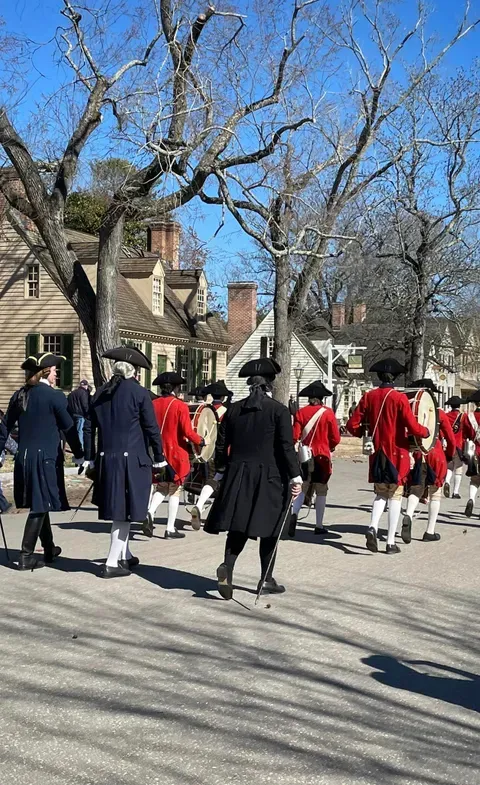
CW's President's Day parade: Jefferson, Washington & Madison. (l to r)
Insight 3: Farming is uber-important to America's future.
Several people around CW recommended I read Andrea Wulf's Founding Gardeners © 2011. Clearly, her work is respected amongst people I respect when it comes to learning about early American history!
There's no doubt about the correlation I often hear cited by historians: farming and agriculture being vital to the success of the United States was heavy on the minds of our "founding fathers."
And James Madison was no exception. Add his belief in the overall positive relationship between man and nature.
Tidbits and nuggets from the book, specific to Madison:
- Madison "insisted that 'Experiments for introducing these valuable productions are strongly recommended' " - the productions being useful crops to aid in the self-sufficiency of America. (page 85)
- In an 1818 speech, he pronounced the importance of protecting the environment (page 11) - "Man, he believed, has to find a place within the 'symmetry of nature' without destroying it"
- He was elected President of the Agricultural Society of Albemarle in the early 19th century. (page 204)
- Montpelier, Madison's home, was run as a "model farm, applying the lessons he had learned from the latest publications." (page 203)
- Madison supported Jefferson's efforts to show the strength of American "flora and fauna" - he provided Jefferson with "detailed measurements of organs, bones and even the 'length of nails' of a weasel." (page 63)
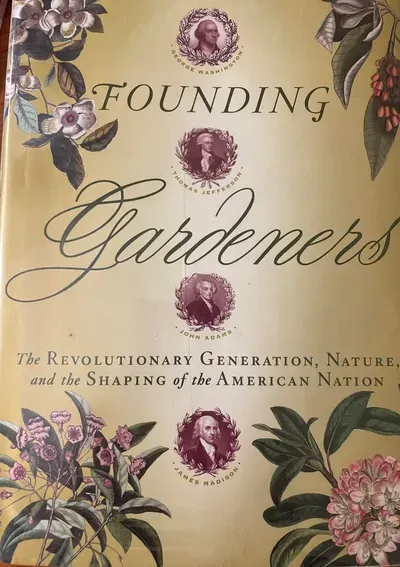
A James Madison to-do list:
Dig deeper!
Use any of the links I've provided throughout this blog and add these to your to-do list on Madison:
- Dive into Mr. and Mrs. Madison's War: America's First Couple and the War of 1812.
- Read the writings of James Madison on the Founders Archives.
- Listen to another facet of Dolley Madison's story, after Madison has passed away.
- Learn about Madison's famous Merino sheep.
One thing that Bryan Austin said and I've asked his permission to credit him with here on the blog: "stories are what bind us together" and I hope the stories I've highlighted today give insight into James Madison. The stories Mr. Austin has shared are a credit to him as an historian as well as a master storyteller - have you heard his Let's Be Frank Podcast? (click here).
But I digress. Truly – Mr. Austin is a perfect Madison. I admit I did not know Madison, but I do read his words on occasion so while I'm not an expert, I feel validated to give an opinion on this man who played an integral role in taking us from British to not.
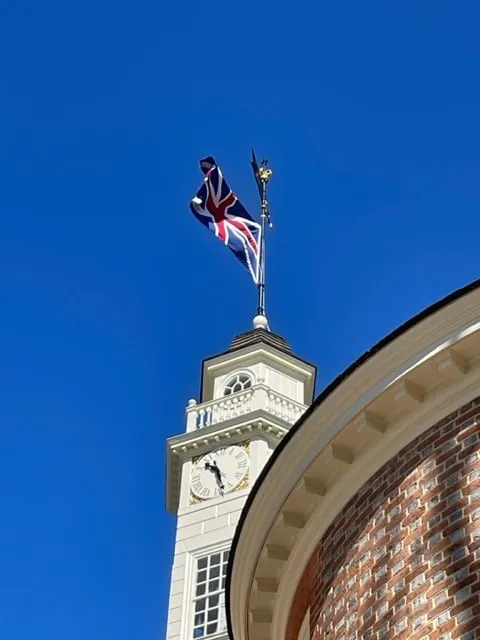
Capitol reconstruction, Colonial Williamsburg
Closing words from history.
A few weeks prior to writing this article, Mr. Austin made me aware of Madison's advice to the country. I thought it fitting to end by sharing this advice.
Click here to see Madison's advice on my source, the Founders Archives.
James Madison: Advice to my Country, December 1830
[1830-1836]
As this advice, if it ever see the light will not do it till I am no more it may be considered as issuing from the tomb where truth alone can be respected, and the happiness of man alone consulted. It will be entitled therefore to whatever weight can be derived from good intentions, and from the experience of one, who has served his Country in various stations through a period of forty years, who espoused in his youth and adhered through his life to the cause of its liberty, and who has borne a part in most of the great transactions which will constitute epochs of its destiny.
The advice nearest to my heart and deepest in my convictions is that the Union of the States be cherished & perpetuated. Let the open enemy to it be regarded as a Pandora with her box opened; and the disguised one, as the Serpent creeping with his deadly wiles into Paradise.
Are you enjoying the blog? Use my online tip jar and buy me a coffee:
There is a huge practical disclaimer to the content on this blog, which is my way of sharing my excitement and basically journaling online.
1) I am not a historian nor an expert. I will let you know I’m relaying the information as I understand and interpret it. The employees of Colonial Williamsburg base their presentations, work, and responses on historical documents and mainly primary sources.
2) I will update for accuracy as history is constant learning. If you have a question about accuracy, please ask me! I will get the answer from the best source I can find.
3) Photo credit to me, Daphne Reznik, for all photos in this post, unless otherwise credited! All photos are personal photos taken in public access locations or with specific permission.
